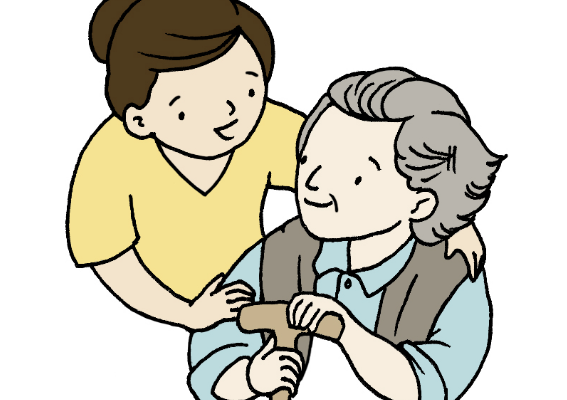Between doctor visits, medications, and routine check-ups, organizing a weekly schedule can be stressful for anyone. Not to mention, being a caregiver requires you to take care of your own health as well. This can lead to unnecessary amounts of stress and added pressure to your loved ones and yourself. Research shows carefully managing your stress is one of the most important factors influencing happiness and effectiveness. Here are 7 tips to help you stay healthy and create an organized routine.
1. Eat Regularly and healthy
Eating a balanced diet is very important to your health as well as your ability to provide care that is needed. Forgetting to eat will only turn to poor food choices. When malnourished, our bodies produce a hormone called Cortisol which causes us to crave foods high in fat and sugar. This leads to lower amounts of energy and higher amounts of stress.
2. get the proper amount of sleep
Adults should get between seven and nine hours of sleep each night, according The National Institute of Health. Getting a good night sleep helps your body feel rejuvenated. Try going to bed at the same time every night for a week straight. See if you notice a difference in the way you feel.
3. Stay physically active
Exercising not only helps maintain weight and prevent poor health conditions. A study by Mayo Clinic shows exercising also boosts energy, improves mood, and helps your mental health. Try to exercise for 30 minutes a day. Any type of cardio movement will lead to a higher quality of life.
4. join a support group
You don’t have to do it alone. There are many support groups online where caregivers come together for support and guidance. The Caregivers Space is a group with over 100,000 members and counselors dedicated to providing care to senior loved ones. They are available 24/7 for any questions or comments. Click here to become a member today!
5. learn more about your loved ones needs
Every person is affected differently by aging. Getting to know their desires, interest, and needs will not only help them live a happier and more fulfilling life but also help you become better at understanding and communicating with them. Begin the conversation early to help build a lasting connection.
6. Don’t be afraid to ask for help
Do not wait until you are completely overwhelmed with caregiving to ask for help. Start to talk to other family members and friends about ways to everyone can help. Also, look for resources such as local senior centers and meals on wheels programs to assist a couple days a week.
7. Determine where you are needed most
While we all would love to be a superhero, taking on a role of caregiving does not make you one. Every care situation is different, and circumstances can change over time. It is okay to not be able to do everything all the time. To help with this, figure out which specific activities and tasks you are needed most. Wether it is bathing, eating and dressing or running errands and companionship. Creating a list prioritizing where to spend most of your time will help you and your loved one.

